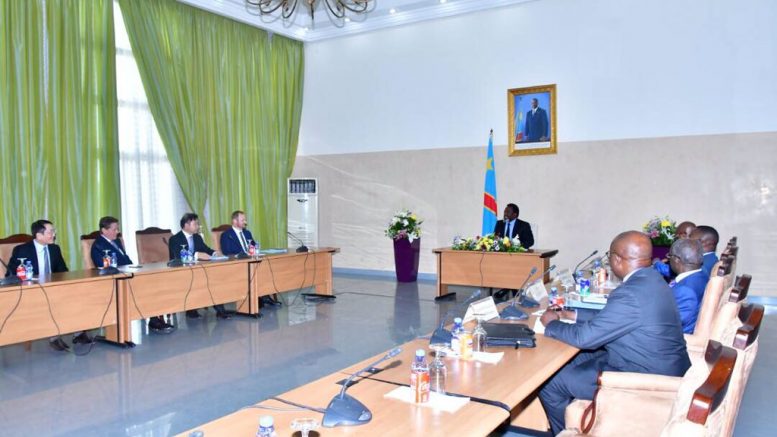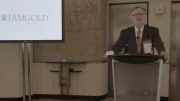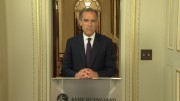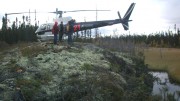In the mining world there’s no better epitome of a high-reward, high-risk jurisdiction than the Democratic Republic of the Congo (DRC), with its array of superb mineral deposits, but a political scene that periodically dips into warfare and anarchy.
Mining in the DRC leaned towards higher risk on March 10, as Congolese President Joseph Kabila signed into law a new mining code that raises royalty rates across the board on mined minerals, and implements other restrictive taxes and mineral policies.
The royalties are rising to 3.5% from 2% for copper; 3.5% from 2.5% for gold; and possibly to 10% from 2% for cobalt, if the government deems the metal to be a “strategic substance.”
With cobalt prices on the rise, the DRC producing more than 60% of the world’s cobalt (73,940 tonnes last year) and the metal becoming an integral component of batteries for the booming electric vehicle market, it’s hard to see what would stop the DRC government from declaring cobalt a strategic metal. The temptation for such tax revenue is too great.
The new law also puts into place a 50% windfall, or “super-profits” tax, that would kick in on income realized when commodity prices hit 25% above levels in the project’s bankable feasibility study.
Another major change in the code is a doubling of the government’s free carried interest in mining projects to 10%.
Under earlier versions of the mining code that passed through the DRC parliament and senate in December and January, miners already active in the country were to have been granted a 10-year “stability clause” that would have protected them from changes to the fiscal and customs regime, with the new rules applying only to newcomers to the country and new mines.
But the law passed by President Kabila does away with the stability clause and exposes all miners in the country to the higher taxes.
The new code has been vigorously opposed, and on March 7 there was an unprecedented meeting in Kinshasa for almost six hour between the DRC government and top foreign miners. President Kabila had stipulated that the heads of the companies with the largest mines or development projects in the DRC must appear in person.
Those attending the meeting included Ivanhoe Mines chair Robert Friedland, Glencore CEO Ivan Glasenberg, Randgold Resources chief executive Mark Bristow and China Molybdenum executive chair Steele Li.
Clearly, the foreign miners’ combined personal persuasion powers and business heft failed to sway President Kabila, and the new mining code was signed into law with no changes.
“The president of the Republic assured the mining operators that they are economic partners of the Democratic Republic of the Congo and their concerns will be taken account of through a constructive dialogue with the government, after the promulgation of the new mining law,” DRC Mines Minister Martin Kabwelulu stated after the meeting.
Kabwelulu told reporters the companies’ concerns would be addressed on a “case-by-case basis” and that after the code was declared, the government would wait for mining companies to send their concerns, which would be re-examined by government experts.
In January, Randgold had threatened to take the Congolese government to international arbitration if the new mining law was instituted without sufficient consultation. Randgold operates the large Kibali gold mine in the DRC’s northeast.
The DRC government has consistently disputed the foreign companies’ claims that the new mining code will make their operations in the country unprofitable. (For comparison, Glencore enjoyed record profits of US$5.8 billion in 2017, up 319% from 2016.)
In many ways the new DRC mining code is competitive with many other mining countries, but the DRC’s risk profile is chronically higher (13.1 million Congolese need humanitarian assistance and 7.7 million face severe food insecurity, twice as many as last year), which could mean a cooling of interest in doing business in the country.
But Kabila has bigger problems: his presidential mandate expired at the end of 2016 but he has so far refused to step down, and an oft-delayed election to replace him is now set for December. Some observers suggest he keeps delaying the election in order to have a referendum that would let him run for a third term.





Be the first to comment on "Editorial: New DRC tax rates chasten foreign miners"